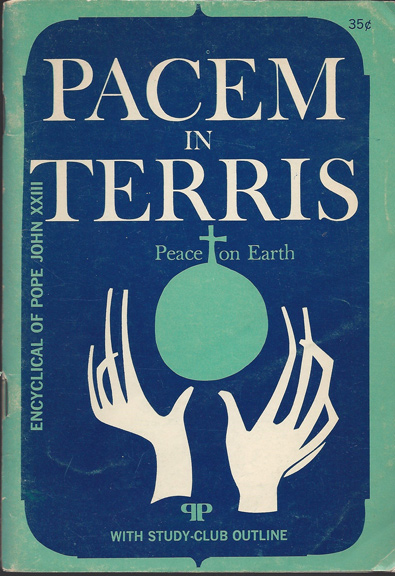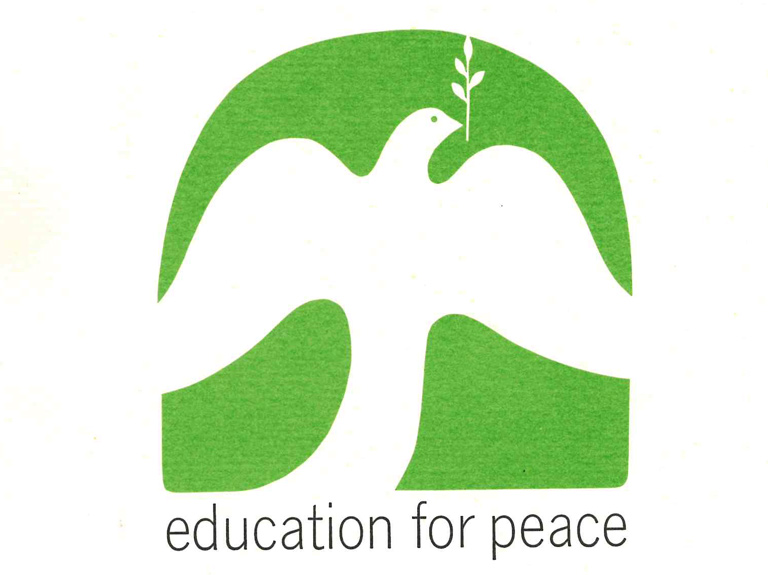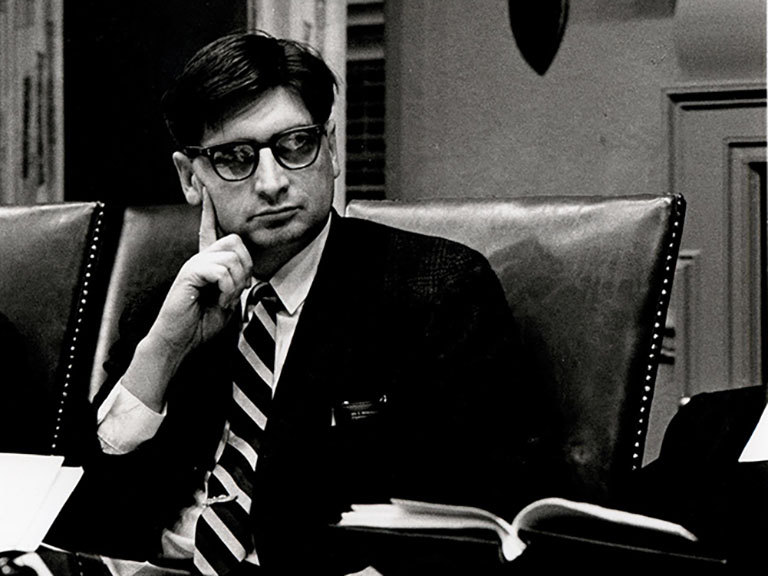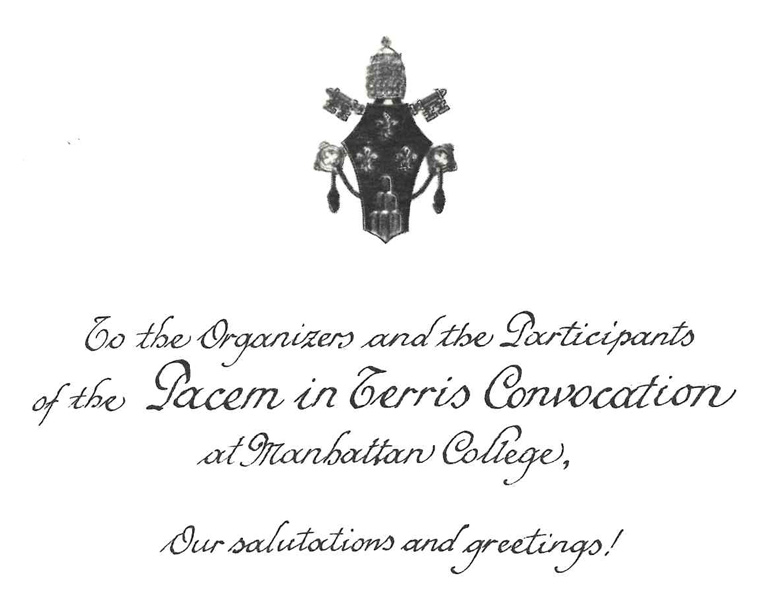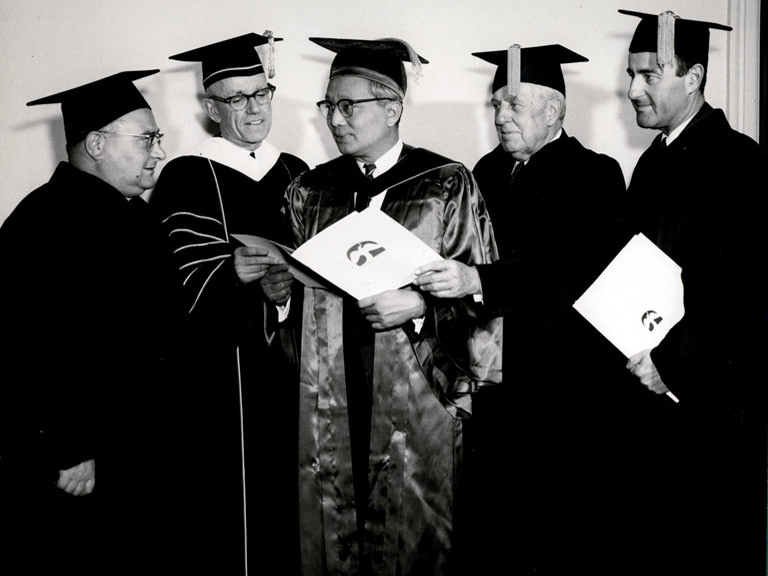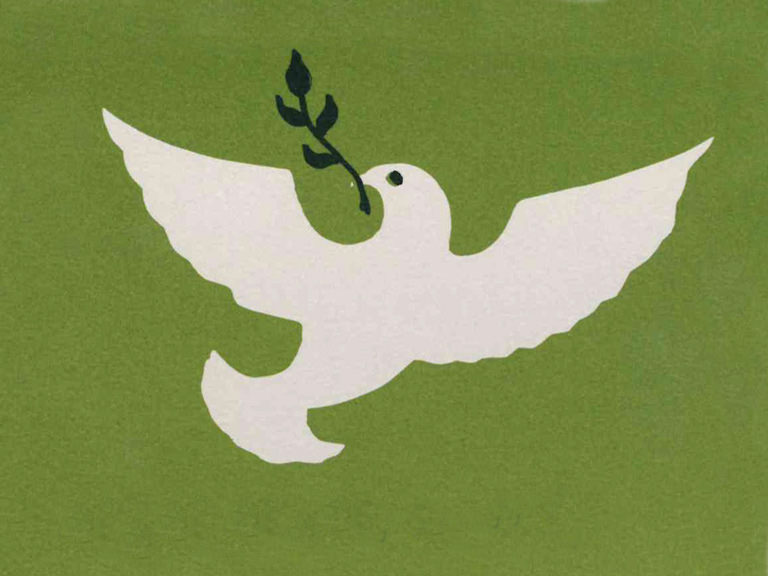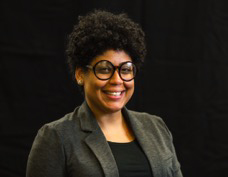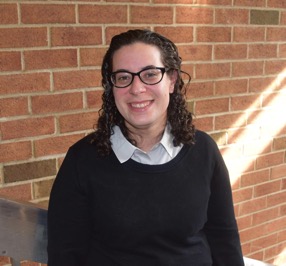
Terence Miller ’78 is a Senior International Officer (SIO) at Marquette University. In this role he oversees recruitment, admission and immigration advising for all undergraduate students; immigration advising for all international graduate students; and English as a Second Language (ESL) programming. He is also directly involved with numerous service learning opportunities. Miller has logged 20 years of international higher education experience working as Director of Overseas Programs and Partnerships at the University of Wisconsin-Milwaukee’s Center for International Education.
The year he graduated from Manhattan, Miller earned a bachelor’s in peace studies and government, and was recipient of the annually awarded Pope John XXIII Medal for Peace Studies. He later received a Juris Doctorate from St. John’s University in Queens, and began his legal career as a criminal defense attorney for the Legal Aid Society in Brooklyn.
Miller was a Maryknoll Lay Missioner for ten years. In that capacity, he was a human rights attorney in Chile from 1988 until 1991, during which time he investigated and documented the disappeared and executed persons under the Pinochet regime for the Commission of Truth and Reconciliation. Upon his return to the U.S. in 1991, he worked for six years as a policy analyst on issues related to Africa and the Middle East. In 1993, he was named director of Maryknoll’s Justice and Peace office in Washington, D.C.
Miller currently serves on the boards of several organizations, including: the International Institute of Wisconsin, a refugee resettlement agency; and the Maryknoll Lay Mission Association. . an Advisory Committee for ELS, an intensive English provider and Rufus King International Baccalaureate High School Governance Council. He is an executive committee member of Marquette’s Center for Peacemaking. In 2013, he received the Dorothy von Briesen World Citizen Award from the International Institute of Wisconsin. Primarily, his research focuses on human rights, rule of law, transitional justice, and the development of civil societies.
